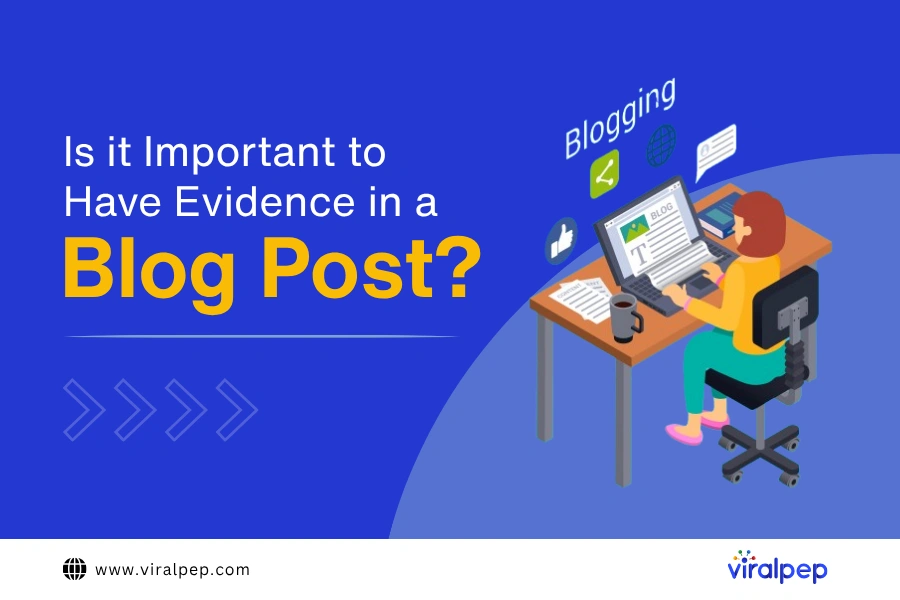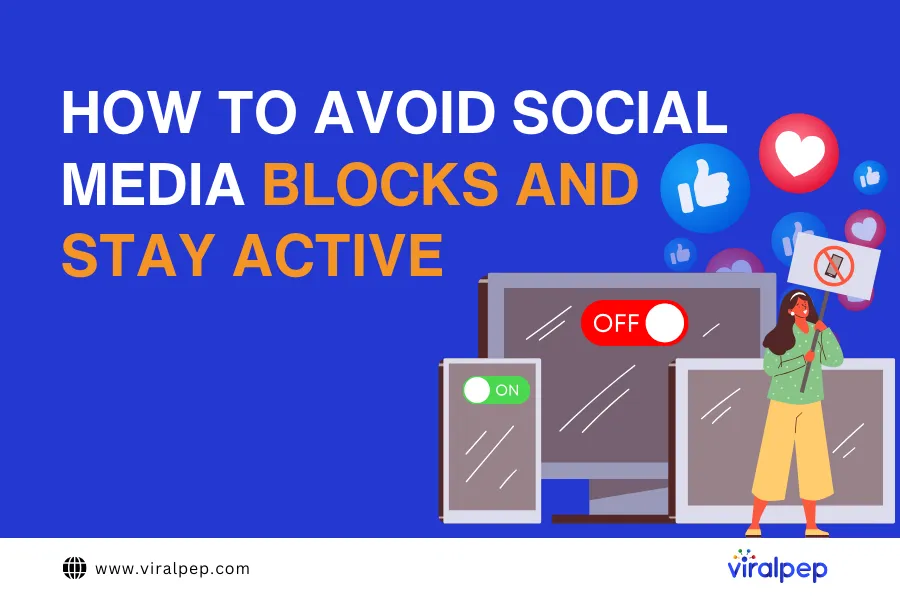If you’ve ever scrolled through a blog that made big claims but backed them up with nothing, you know that creeping skepticism: “Do they actually know what they’re talking about?” Anyone can write an opinion. If you want to write something that holds weight, you need evidence in blog posts. We’re not telling you to show off how smart you are or to compile long lists of sources under every post you make. But if you want to be taken seriously, you must remember that research and facts make the difference between being read and being believed.
Evidence Builds Trust and Readership
Readers can smell fluff a mile away. People online have developed a sixth sense for empty writing. You can write with passion, but passion alone won’t convince anyone who’s heard ten similar takes before. Why should they waste their time on your blog if you don’t even bother to use a simple AI research tool to offer them something with substance? When you ground your claims in something measurable, you’re not just tossing out opinions but inviting readers to believe you. Trust is built quietly, piece by piece, through facts that hold up.
You’re training your readers to take you seriously. Each time you cite a study or provide a source, you’re showing your audience what to expect from you. They begin to associate your name with reliability. Over time, they’ll come to your site not because your titles are catchy, but because they know they’ll walk away smarter. That’s the kind of credibility that can’t be faked. Once you’ve earned it, readers will defend your content even when you’re not there to do it yourself.
Even personal blogs win with evidence. There’s this misconception that storytelling blogs or lifestyle pieces don’t need facts. But evidence adds texture even there. If you’re writing about stress, mixing personal experience with one statistic about how many people struggle with it every year makes your story resonate deeper. Just like that, you go from being one person shouting into the void to the voice giving shape to something bigger. That’s the subtle alchemy of trust: turning “my story” into “our story”.
Evidence Keeps You Honest and Sharp
Research stops lazy thinking. Writing without evidence is like building a tower on sand. It might look impressive at first, but it won’t last a storm. When you dig into data and real-world examples, you’re forced to wonder whether your ideas actually hold up. That process hurts sometimes. You’ll find out your assumptions were off, or that someone else already disproved your idea. But that’s good because it means you’re growing and learning, which is a must for a writer.
It’s a shield against misinformation. The internet rewards speed, not accuracy. UNESCO reports that two-thirds of content creators don’t verify their information before publishing. You can post a half-formed thought and get clicks before it’s even true. But strengthening blog post with research helps you set a standard: this space is trustworthy. Readers might not say it, but they notice when a post feels grounded instead of reactionary. Going viral may give you more clicks in the short term, but the long game is all about becoming the writer people turn to when the noise gets too loud.
It challenges your own biases. Good writers interrogate ideas instead of just sharing them. Research forces that interrogation. You might start with a simple claim that social media ruins attention spans but then find evidence suggesting it’s more complicated than that. Now your argument evolves from preaching into exploration. It might force you to reconsider your argument altogether or make it more nuanced. Either way, you’ll end up writing something truer and far more interesting.
Evidence Makes Your Ideas Last
Blog posts without evidence fade fast. You’ve seen them, the shallow “10 tips to be more productive” lists that all say the same thing. They’re forgettable because they’re built on recycled air. Posts backed by facts, by contrast, endure. They get cited and referenced months or even years later. That’s why evidence matters in blogging. It gives your work permanence in a space where everything else moves at lightning speed.
It turns casual readers into supporters. People love to share articles that make them look informed. When you give them something backed by numbers or real-world cases, they feel smarter passing it on. One reader becomes five, and five become fifty because your content earns belief. Every citation you include is a torch your readers can carry forward. And the brighter those torches burn, the farther your words travel.
It’s the backbone of authority. You can write beautifully, you can make readers laugh or cry. But if you want to lead a conversation, you need proof. If you want to boost your blog post credibility statistics, it’s not enough to say that you’re an expert on something. Demonstrate your authority, sentence by sentence. When readers see that you’re backing your claims every step of the way, you stop being just another voice. You become someone whose perspective matters. And that is what every serious writer should aim for more than clicks, likes, or comments.
How Much Evidence Do You Actually Need?
Here’s a twist you might not expect after all that talk about research: sometimes, too much evidence can kill a blog post. Readers come for clarity, not a thesis defense. Use this quick checklist to figure out how heavily you should lean on your sources before hitting publish:
- Is your post making a claim that could be challenged?
If yes, you need at least one credible source or stat to back it up. Readers trust confident voices, but only when confidence isn’t baseless.
- Are you writing to inform or to entertain?
Informative posts (how-tos, guides, analyses) thrive on research. Entertainment pieces (personal stories, creative essays) can lean more on tone and experience with a light sprinkle of fact.
- Would a reader’s trust depend on accuracy?
If people are making real decisions based on your advice, then evidence is ethical rather than optional.
- Does the evidence interrupt your flow?
If you find yourself dumping stats mid-sentence, pull back. A blog should read smoothly.
- Could your point stand alone?
If it still makes sense and feels true, you’ve struck the balance.
Conclusion
Evidence isn’t just an accessory to good writing — it’s the foundation that makes your ideas believable, memorable, and worth sharing. Whether you’re informing, persuading, or storytelling, well-chosen facts give your work depth and authority. And with tools like ViralPep helping you amplify and manage your content, the impact of evidence-based writing grows even further. When you back your words with proof, readers don’t just consume your content — they trust it, value it, and return for more.










